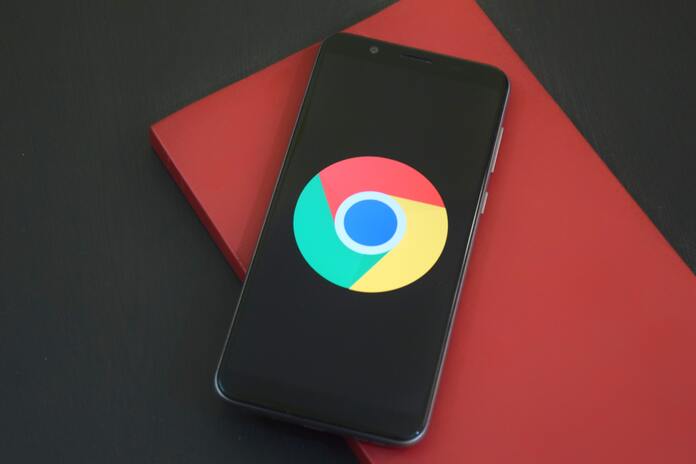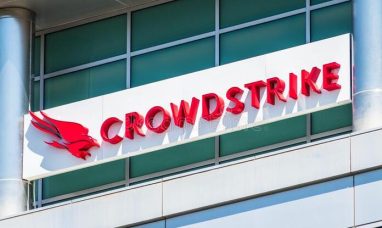Alphabet’s (NASDAQ:GOOGL) Google has introduced AI-powered features to YouTube, aimed at enhancing the video creation experience for content creators.
One of these features, called Dream Screen, utilizes generative AI to seamlessly add video backgrounds to short-form videos or Shorts. Additionally, Google has rolled out new production tools designed to expedite the editing process for both short and long-form videos.
To further streamline video production for creators, Google has launched YouTube Create, a mobile app equipped with AI-enabled editing capabilities, captioning, voiceover tools, filters, and a selection of royalty-free music.
Beyond these tools, YouTube plans to offer content creators AI-powered insights, automatic video dubbing capabilities, and assistance in discovering music and soundtracks for their content.
These additions are expected to strengthen YouTube’s appeal among content creators, consequently expanding its user base. This, in turn, is likely to boost the performance of Google’s Services segment, which accounted for 88.8% of total revenues in the second quarter of 2023. During that quarter, revenues from Google Services increased by 5.5% year over year to reach $66.3 billion. Projections estimate that the segment’s revenues for 2023 will reach $2.67 billion, reflecting a 5.3% year-over-year growth.
Alphabet’s Growing Focus on Generative AI
Alphabet’s recent efforts to incorporate generative AI into its products and services highlight its commitment to this technology.
In addition to the YouTube features, Google has made generative AI advancements, including the general availability of its generative AI assistant, Duet AI, for all Google Workspace apps. Duet AI offers assistance in creating visual aids, participating in meetings, and more.
Alphabet is also set to release Gemini, a conversational multimodal AI software, which includes extensive language models for tasks such as chatbot optimization, text summarization, content generation, email drafting, music lyrics generation, and news article creation.
Furthermore, Google has integrated generative AI features into its search engine, providing detailed summaries based on the internet and digital sources through the search generative experience.
These initiatives are poised to reinforce Alphabet’s presence in the thriving generative AI market. According to a Fortune Business Insights report, the global generative AI market is projected to reach $43.87 billion in 2023 and expand to $667.96 billion by 2030, with a compound annual growth rate (CAGR) of 47.5% between 2023 and 2030.
Alphabet’s promising prospects in the generative AI market are expected to bolster investor confidence. Year-to-date, Alphabet’s stock has gained 47.6%, surpassing the industry’s growth rate of 45.8%.
Intensified Competition in Generative AI
Alphabet’s latest move positions it to compete with major industry players like Microsoft, Meta Platforms, and Amazon, all of whom are actively advancing their generative AI efforts.
Microsoft recently introduced OpenAI’s DALL-E 3 AI image-synthesis model, fully integrated with ChatGPT, enabling complex image rendering and in-image text generation. Microsoft also plans to incorporate this text-to-image model into Bing Chat.
Meta Platforms is set to introduce AI chatbots with unique personalities called Gen AI Personas, targeting younger users. Additionally, Meta has introduced the Shepherd large language model (LLM) process to improve the accuracy of generative AI.
Amazon, leveraging its AI-powered solution Amazon Bedrock, announced the integration of Redis Enterprise Cloud’s vector database capabilities with Bedrock, facilitating streamlined application development. Amazon has also partnered with Anthropic to accelerate the development of foundation models (FMs) available through Amazon Bedrock, enhancing existing applications and creating new customer experiences.
Featured Image: Unsplash









